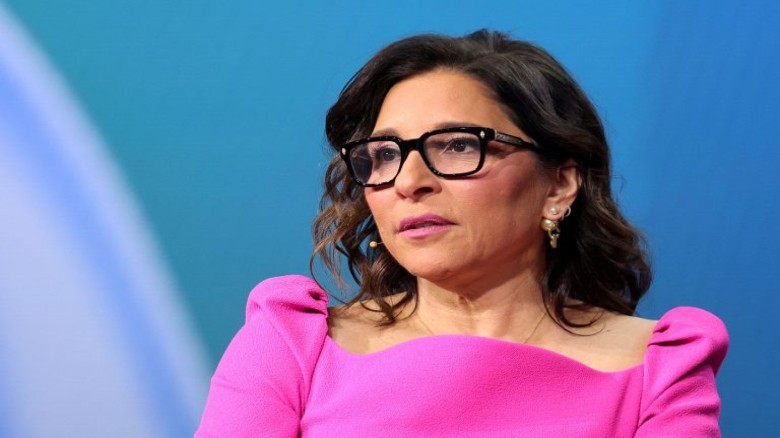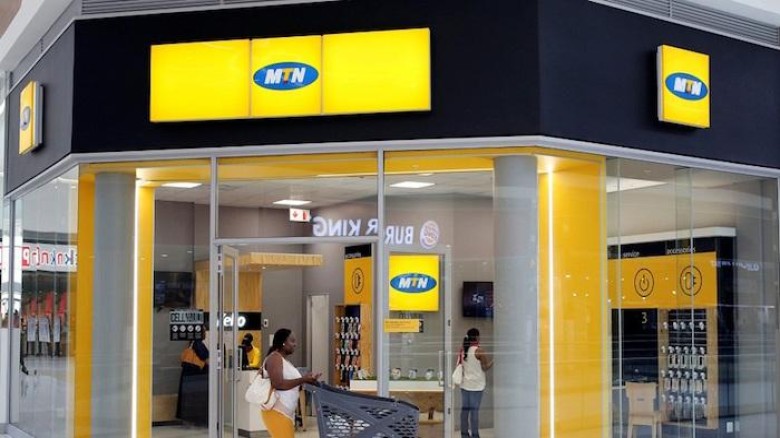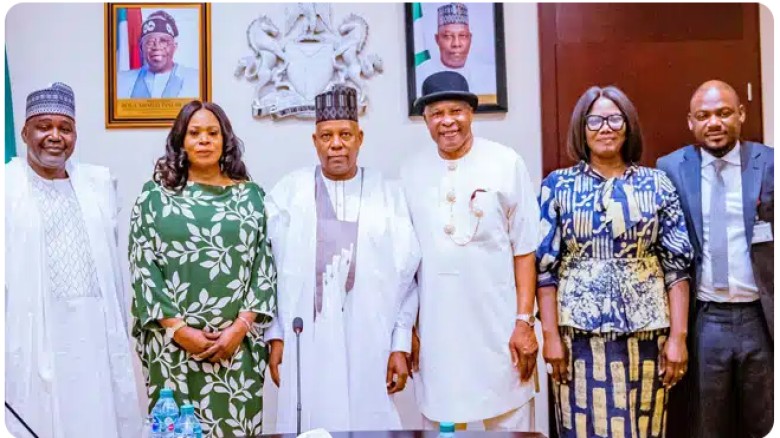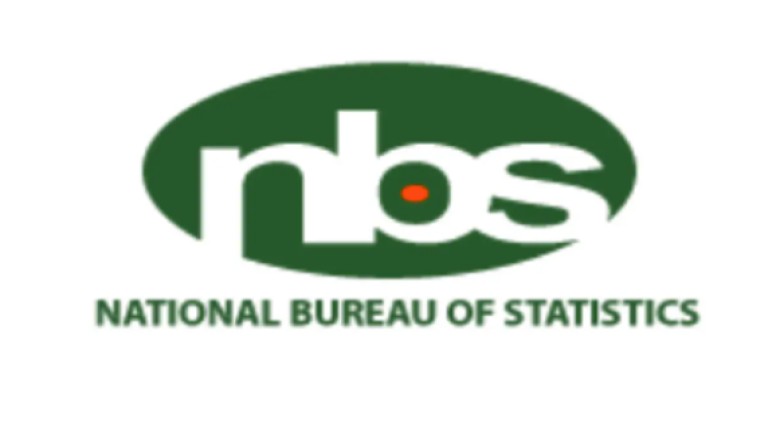Increasing access to electricity will stimulate investment
Chioma Afe, Seplat Energy’s Director of External Affairs and Social Performance, has expressed concern over the negative impact of Nigeria's substantial diesel imports on the country's foreign exchange reserves.
In 2020 and 2021, Nigeria spent $5.26bn on importing various electrical items, including electric generating sets, transformers, vacuum cleaners, and hair clippers, as per data from the International Trade Centre.
Central Bank of Nigeria data indicates a decline in the country's foreign exchange reserves, amounting to $33.23bn by the end of the third quarter of 2023. This reflects a year-on-year decrease of $5.01bn compared to the $38.25bn recorded in September 2022.
Enhancing electricity accessibility is crucial for fostering the growth of the Nigerian economy. A dependable and cost-effective power supply is a fundamental requirement for attracting investments across various sectors, ranging from technology to manufacturing.
It will also replace the imported diesel generators currently congesting our homes and cities, serving as a significant drain on the country’s foreign exchange due to the imported fuel they use."
Expanding on this, the Seplat director clarified, "This problem goes beyond fossil fuels, as demonstrated by the rising incidence of solar panel thefts, exacerbating economic and environmental challenges in the country," she added.
Moreover, there is a need to promote the use of cleaner energy for cooking among Nigerians, steering away from biomass. Biomass serves as a significant contributor to air pollution, avoidable health issues, needless fatalities, and contributes to deforestation and biodiversity loss.
We believe that transitioning to LPG or, where feasible, electricity, will reduce pollution, enhance health, and, most importantly, liberate rural women from the time-consuming task of gathering firewood. This change will enable them to spend more quality time with their families and generate valuable income.
According to her, Seplat's business is firmly committed to building strong partnerships with its host and impacted communities.
She stated, "From the beginning, we established a robust community relations model that ensures our operational freedom and acknowledges our host and impacted communities as equal stakeholders in their economic and social development."
Reflecting on the 1990s, she shared, "During my upbringing, the perception of international oil companies operating in the Niger Delta was that they aimed to extract as much value from our national resources for themselves, providing less than expected in return to local communities.
"Whether this perception was right or wrong, it has significantly contributed to a challenging operating environment. Theft, vandalism, and sabotage persist as ongoing issues, with estimates suggesting that as much as a quarter of production could be getting siphoned.
























Leave A Comment